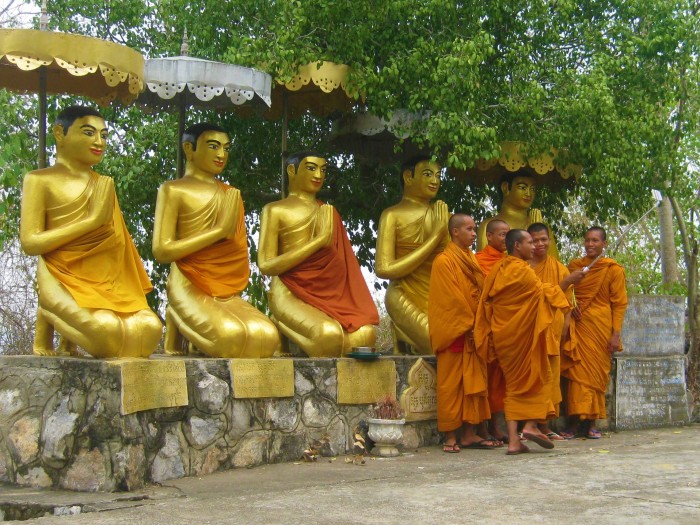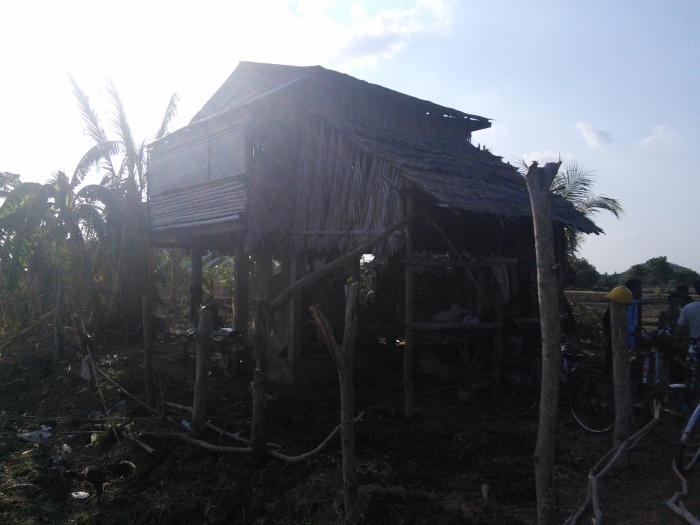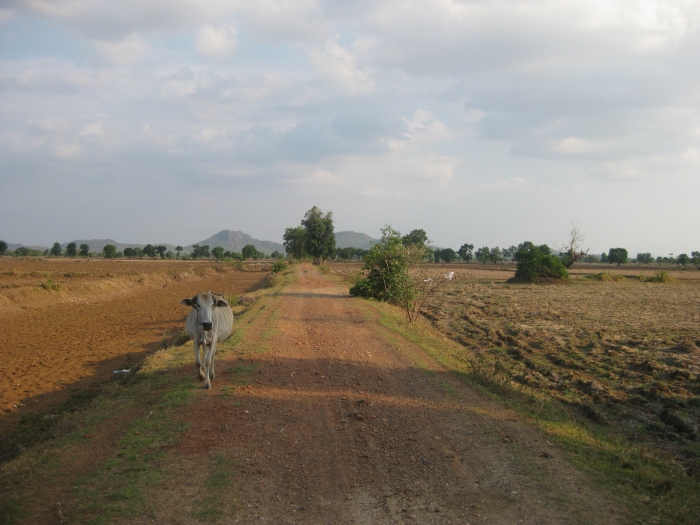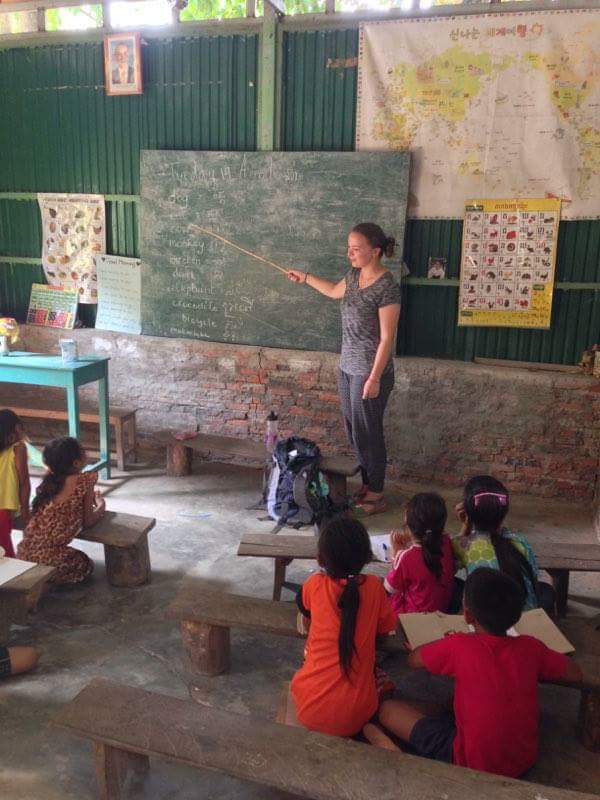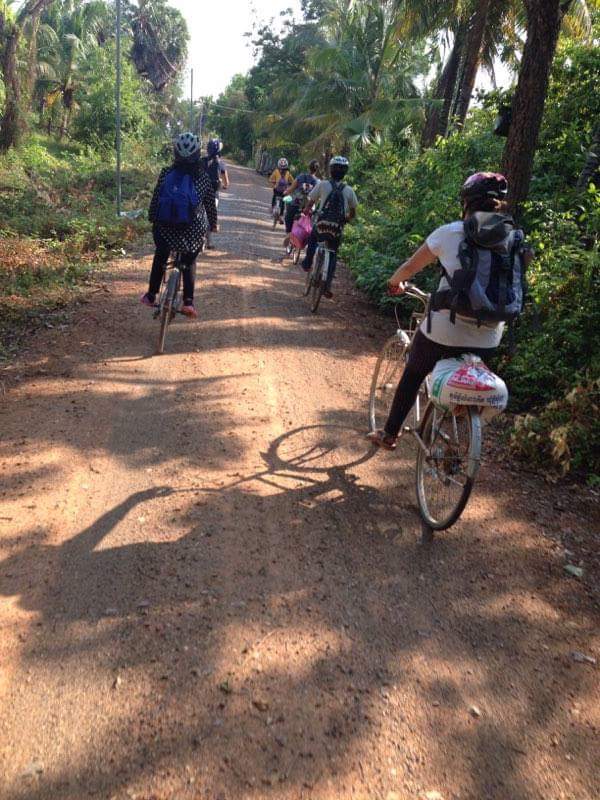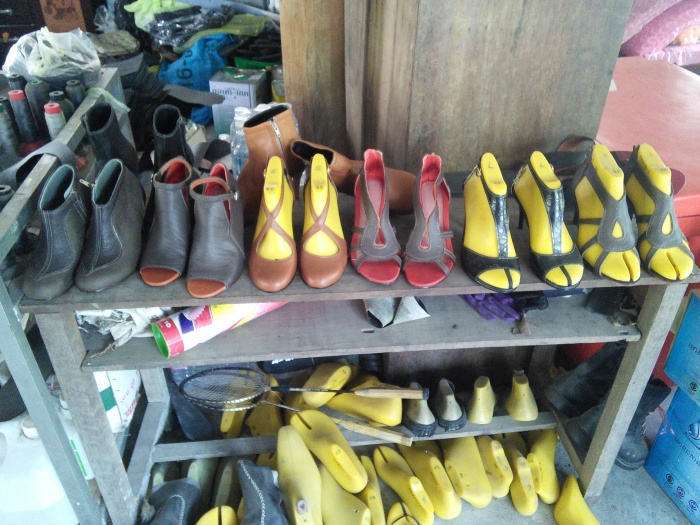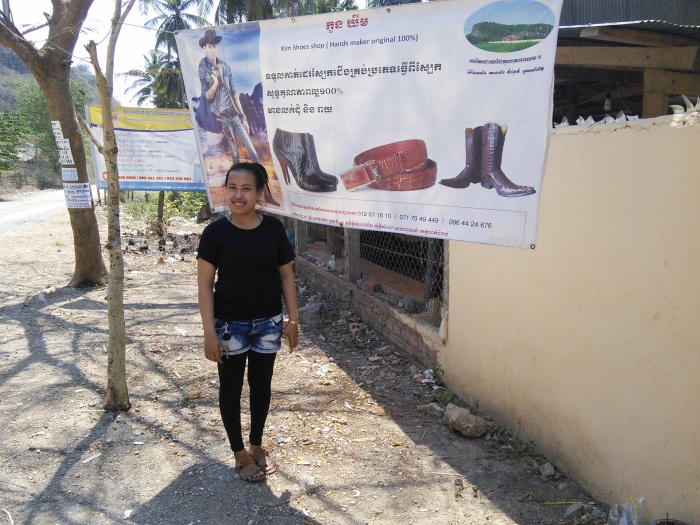Feminism is a very simple notion: that men and women are equal, and that our structure of society and the way that they are treated should reflect this. The majority of people would agree that this is a good idea, particularly in Western society, however despite this feminism has become despairingly difficult for the new generation to really identify with and embrace – particularly among men. In fact, the word often evokes negative associations which generates criticism and judgement towards both the ideology and the people who openly support it.
Why Is This?
Feminism is not a new thing. The desire for women to be treated as equals among men has been about for a very, very long time, brought into light most notably by the suffragette movement in the late 19th and early 20th centuries. Although equality has come on in leaps and bounds since then in a lot of places, the cold hard truth is that men and women are still not treated equally in any part of the world, and in some places female empowerment is even decreasing. (You can see the facts and figures in the Global Gender Gap Report.)
Everyone knows that changing the very foundations of patriarchal society is a very lengthy process, but for most feminists the progress is agonisingly slow. Besides this, feminism is continually contested by people all over the globe who patronise the ideology and dismiss the oppression of women in society, which makes people very angry (and quite rightly so). However, this unhappy mood has coloured feminism, and the result of this is often the association of feminism with anger and bitterness as opposed to liberation and peace.

A Personal Approach
Feminism has become very personal. For men and women, feminism means freedom. It means being able to be one’s true identity with no restrictions from society. Feminism is the power of choice, and a lot of people use it as a medium to support their voice and their personal choices – which is not a bad thing.
However, when feminism mixes in with someone’s personal life, it can be tricky to distinguish the two from an outsider’s perspective. For example when someone uses it to explain their motives to do certain things, or their feelings towards certain things, their actions can be misconstrued as an act of feminism itself, rather than an act of theirs which is perhaps inspired by self-empowerment as well as other personal qualities.
The root of a lot of hatred towards feminism (and the concept of ‘anti-feminism’) is the assumption that these personal views are what feminism stands for, rather than what the person who is feminist stands for.
When one person shouts: “I hate all men, and by the way I am a feminist,” people may read it and think that other feminists also hate men. And so that feminism stands for men-hating. This association between personal qualities in individuals and the qualities of feminism blurs the definition of the word, and can make it seem like an illogical or self-righteous escapade with no real merit. It is important to remember that an opinion voiced by one person is not necessarily shared by the community.
The Shock Tactic
Feminism often works on the confrontational approach: whereby when sexism is come across, it is challenged and shouted down. This can be very effective, especially if the person is gifted with good reasoning power, but in daily life it can be more intrusive than operative. For example, when talking to someone who is openly a feminist, other people in the group may feel (wrongly or not) uneasy or cautious in-case they say something out of turn with the other person’s feminist ideals.
This is built upon the assumptions that feminism is:
- a complex idea with many pitfalls, and
- that all feminists are inherently ‘picky’ and quick to judge.
This of course is not true. However, it is true that sexism is a complex, many-layered thing. This is why there are so many sexist incidences that occur in everyday life, and so what may seem commonplace to us will annoy a more observational person – such as not looking a woman in the eye during a business meeting or expecting a man to buy his date a drink.
For someone who identifies as being feminist themselves, being told they are acting in a way that is sexist can be very distressing. Being on guard in conversation does not make feminism an inviting community to be part of, and makes people associate the threat of external judgement as a cornerstone of the ideology.
An Unwelcoming Community
Because feminism is surrounded by controversy, people who are feminist are often questioned about it. The fact is, if you expose yourself as identifying as a feminist, you feel like you will be put under undue scrutiny by other people. And because so many articles and manifestos are written about feminism, the rules and expectations of what a feminist is can seem endless and incompressible.
This leads to you questioning whether you fit into the feminist community at all. What if you aren’t ready to defend your opinions to drunken strangers? What if you still want to shave your armpits? What if you still want to be a housewife, or be a masculine man? What if you love looking at boobs? Surely according to the rules of feminism that means you can never one of them!
Someone I met who obviously supports gender equality said she opposed to being called a feminist because she didn’t feel that she fit into the “feminist image”. She was not prepared to discuss her views with people, and didn’t want to be associated with the brunt of bad press that feminists are given. Sadly this is a very real barrier to people embracing the identity of feminism.
Barriers to Male Feminists
Feminism is particularly perilous for men. Even though the blame for sexism, misogyny and patriarchy is rooted in society as a whole, men are sometimes individually treated as being guilty of sexism even if they themselves have not acted in this way. For example, the ridiculous notion that ‘all men are part of rape culture’ (a topic which deserves its own article).
In general, men are subject to more scrutiny than women in terms of potential sexist comments or behaviour. This can be very intimidating for a man, particularly for someone who identifies himself as being feminist. Even if this is avoided, men are further ostracized from feminism by things such as ‘women only’ feminist events and the generalisation of men as being sexist pigs who are unfeeling towards the suffering and oppression of women – a stereotype which is sexist and therefore very un-feminist.
Things to remember:
- Feminism is a simple idea that men and women are equal (not the same) and should be treated equally, which the opportunity and right to make their own life choices.
- There are no rules to being feminist, other than that you agree with the above.
- You don’t have to tell people that you are a feminist if you don’t want to.
- Self-identified feminists may not act in a feminist manner all of the time. This is because sexism is inherent in our society, and is therefore sometimes part our personality without realising it.
- It can be more difficult for men to ‘come out’ as feminists due to the controversy surrounding the topic.
- Both men and women are subject to stereotypes and generalisations which negatively affect both parties.
A Small Solution
No one person or group of people is to blame for the unwelcoming nature of feminism in today’s culture – it is just the product of a long-contested history of feminism which has struggled to survive throughout its lifetime. The voices of feminism are strong and passionate, and should continue to be so.
What we can do individually is to take a more positive approach to equality in our daily lives. Embrace our identity. Be supportive and kind to each other at all times, and give each other room for error. (That means no judging on either side of the debate!) Above all, remember that men and women are equal, and act accordingly. (Don’t hug girls and dither at the guy in the group. Give him a squeeze!)
It is time to cheerfully and wholeheartedly accept gender equality as a fact, and work on making it a more welcoming world for all of us.


